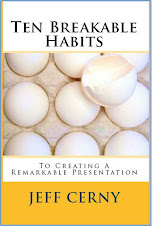 Forty years ago today, when the Cadillac was undisputedly the best mass-production automobile on the planet and Woodstock was still a place and not a thing, the United States pulled off the coup de grace of the space race by planting a human footprint in the shallow moon-dust of the Sea of Tranquility. A popular colloquial phrase to come out of this achievement was, "Yep, we can put a man on the moon, but we can't... (make a car that doesn't rust out in five years or insert your favorite pet-peeve of technological shortcomings)."
Forty years ago today, when the Cadillac was undisputedly the best mass-production automobile on the planet and Woodstock was still a place and not a thing, the United States pulled off the coup de grace of the space race by planting a human footprint in the shallow moon-dust of the Sea of Tranquility. A popular colloquial phrase to come out of this achievement was, "Yep, we can put a man on the moon, but we can't... (make a car that doesn't rust out in five years or insert your favorite pet-peeve of technological shortcomings)."This was before anyone had cell phones, the internet, cheap handheld calculators, microwave ovens, digital watches, and yes, even before post-its or velcro. We don't talk so much about the shortcomings of ingenuity or the lack of technological marvels designed specifically for mass consumption anymore. The free market and the global flow of goods and capital since the 60's and now, even more importantly, the free flow of information, have made you and me some of the most fortunate people to live in any time or any place in the history of the world.
As if that weren't enough, here's another bit of recent news: When Neil Armstrong stepped out onto the moon forty years ago, mid-life for the babies being born was right about now, in 2009. But a new study puts mid-life at 50, so you who are 1969 babies will now have to wait until 2019 to get that shiny red MLC Corvette. And those of us born in the ten years prior to that have no longer officially reached middle age. Nice!




